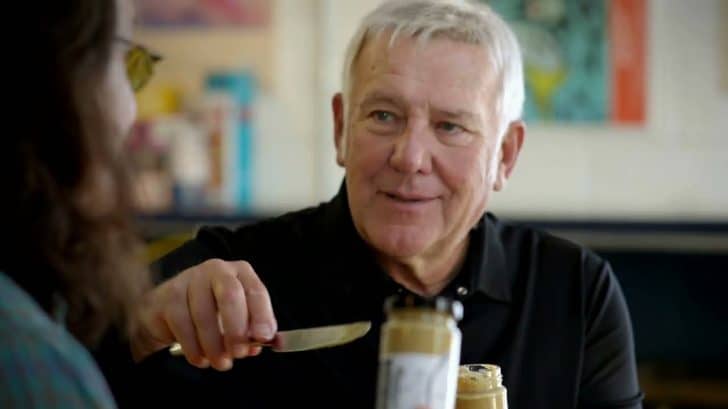Alex Lifeson, the acclaimed guitarist of the legendary band Rush, has been an ardent admirer of Led Zeppelin since his early days as a budding musician. The British rock giants had a profound impact on Rush’s musical journey, inspiring them to aspire to greatness. Lifeson has often expressed his reverence for Led Zeppelin, and in various interviews, he revealed two songs from the iconic band that holds a special place in his heart.
“How Many More Times” – A Mind-Blowing Heavy Delight
For Alex Lifeson, Led Zeppelin’s eponymous debut album was a transformative moment. He vividly recalls the anticipation of getting the record and the awe that enveloped him when he heard it. Among the album’s mesmerizing tracks, “How Many More Times” stood out as a monumental influence on the young guitarist. The song’s captivating heaviness and Jimmy Page’s ingenious use of a violin bow during the guitar solo left an indelible mark on Lifeson’s musical soul.
In an interview with Sirius XM’s Classic Vinyl Influences, Lifeson expressed his admiration for the track:
“Jimmy Page particularly, for me, was probably the biggest influence on me as a budding guitarist. ‘How Many More Times’ was the one song that I think had the biggest impact on me. It was such a cool heavy song, and then Jimmy Page played the first half of the guitar solo with a violin bow. That just absolutely blew my mind.”
“Kashmir” – An Exotic Middle Eastern Masterpiece
Moving forward in Led Zeppelin’s discography, Alex Lifeson found profound inspiration in the 1975 masterpiece, “Kashmir,” from the album Physical Graffiti. Lifeson and Geddy Lee, during a discussion with Guitar World, acknowledged the song’s brilliance and its influence on Rush’s own work. They revealed that “Kashmir” played a part in shaping Rush’s song “A Passage to Bangkok” due to its unique and exotic Middle Eastern feel.
Lifeson and Lee praised the song, saying:
“This is an absolutely brilliant song, an all-time classic. ‘Kashmir’ has such a wonderful, exotic Middle Eastern feel to it – it’s like no other song of its era – and Physical Graffiti is a mind-blowing album.”

